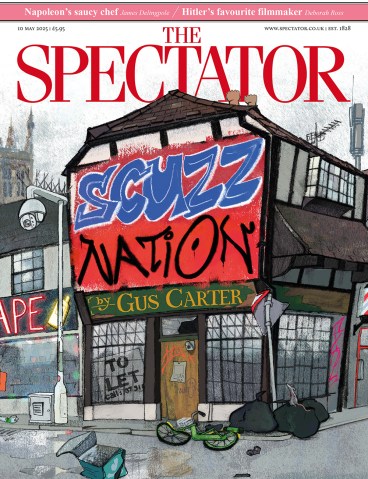
In 2021, the award of the Nobel Prize in Literature made Abdulrazak Gurnah the world’s second-best-known Zanzibari – after a certain Farrokh Bulsara, aka Freddie Mercury. Forgive the flippant comparison, but the pop world’s perplexity over Queen’s vocalist’s origins feels germane to the quest for a coherent self and story undertaken by the Nobel laureate’s chief characters. Born in 1948, in what was still the ancient, British-protected sultanate of Zanzibar, Gurnah has, over 11 novels, done more than explore ‘the fate of the refugee in the gulf between cultures and continents’ (as the Nobel citation primly put it). His fiction shows that the shocks of power and history can make an exile of anyone, even in our home and in our skin. We all need to find or build a sturdy house of stories to safeguard us from ‘the mercy of accidents and chance’ (as a character in Theft thinks).
Easier said than done. Although many Gurnah novels travel far and wide – to England in particular – as war and revolution shake East Africa, in Theft we stay on the island of Zanzibar or in Dar es Salaam, over the water. As ever, the author sketches his historical backdrop with a light pencil. His time frame extends from the murderous Zanzibari revolution of 1964, which sent many Arab- or Indian-descended islanders into exile, to the pre-millennium tourism boom that fills the haunted streets of Stone Town with pleasure seekers.
Gurnah’s three principals grow through these decades. In typically poised, elegant and unshowy prose, he traces their search for a fuller life, either despite or because of ‘the larger matters that loomed over their world’. Although cast off by his divorced mother Raya, Karim becomes a golden boy, handsome and successful, with a plum government job and a charmed life that teaches him ‘not to be afraid’. At one point he recounts the plot of a story he has read about a proud man, near death, forsaken by all except a servant who robs him. (It sounds like a bitter twist on Tolstoy’s The Death of Ivan Ilyich.) Karim marries Fauzia, equally ambitious (her flighty friend Hawa calls her a ‘book rat’) and keen to avoid the fate of ‘just another mute daughter laid out for deflowering’.
On their island – both a crossroads and a backwater – and in nearby Dar es Salaam, change dangles its gifts and lays its traps. Against it, the inertia of family and tradition can feel like both shelter and dungeon. The old ways lie most heavily on the third of Gurnah’s trio. Badar – an unwanted servant boy, grudgingly taken into the household of Karim’s mother and stepfather – is an invisible drudge, ‘somehow always last’. Gurnah specialises in such resilient discards and endows them with a rich inner life. Karim spots in the bright, silent houseboy ‘a watcher, an eavesdropper, a future mischief-maker’, and protects him.
Gurnah is a sharp, stealthy observer himself. There’s a steely alertness to his gaze that makes the shady courtyards and sweaty rooms of Dar es Salaam and Zanzibar – and the feelings of their people – solid and luminous. He lays bare this confined space with crafty, slow-burn patience: stylistically, though not politically, he’s closer to V.S. Naipaul than Salman Rushdie.
Year by year, those ‘larger matters’ will impinge on his tale. Fauzia – no longer the ‘sarcastic little intellectual’ – becomes a teacher, wife and mother; Karim gallops on his fast track towards a ministerial chair; and Badar works his way up from pot-washer to deputy manager at a Stone Town boutique hotel. On screen and in the flesh, the big world descends on the little island. One hotel guest arrives from Clapham. Badar already knows its streets from his online voyages.

That visitor, a brisk NGO manager, brings along with her a ‘glowing beauty’ who will trigger a crisis. Gurnah’s people remain vulnerable and their new hopes carry fresh perils. Although false accusations may endanger lives, does the worst theft come from the heedless incomers who steal a whole way of life? Fauzia’s mother laments: ‘There was something we knew about living that we no longer know now.’ But Fauzia thinks sceptically that ‘all ages beguile themselves like that’, with nostalgic illusions.
Gurnah takes his epigraph from Chance, by Joseph Conrad – an author whose tragic liaisons between tradition and modernity also unfold on tropical shores. Theft, however, sails at the last gasp into a lagoon of happiness. The clichés that Gurnah likes to dodge include the fatalistic pathos and binary divisions of much post-colonial fiction. Karim, poster boy for the sustainable development elite, rages at Badar that there’s ‘something servile, something deferential’ in him. However, worms – of the sort that slither through Badar’s childhood nightmares – can turn. The ‘always last’ may sometimes be first.







Comments